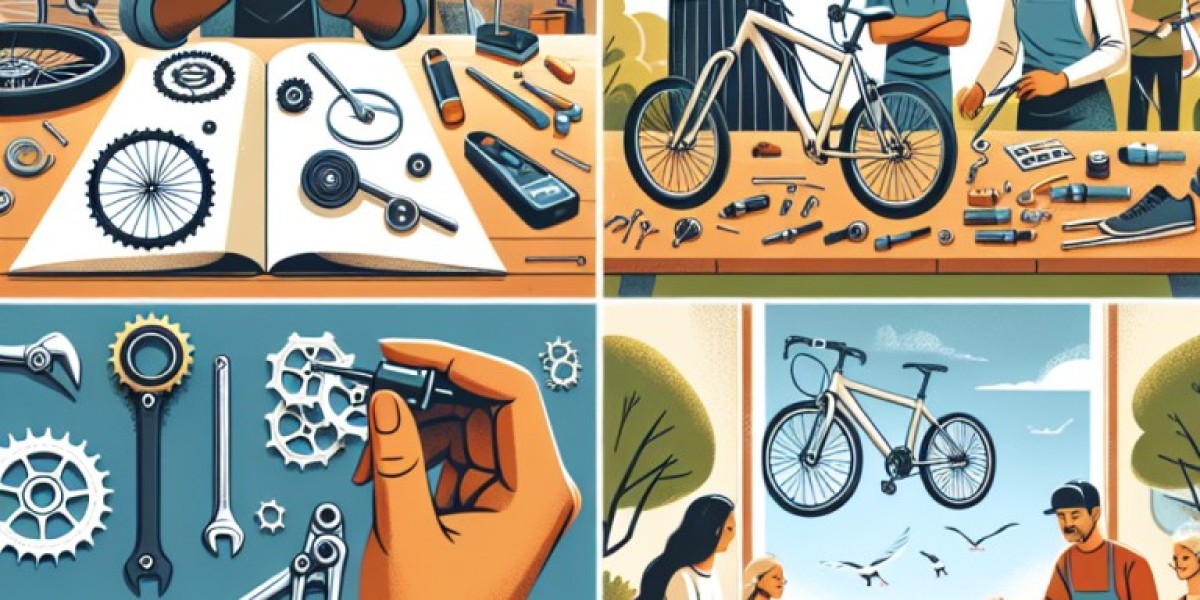Essential Mental Health Tools for Well-Being
Mental health is an important part of general well-being, yet it typically goes ignored in our fast-paced society. The importance of keeping mental health is becoming more commonly acknowledged, and individuals are significantly seeking tools and techniques to handle their psychological health efficiently. This post will explore a range of mental health tools that can assist in achieving emotional stability, durability, and general happiness.
What Are Mental Health Tools?
Mental health tools incorporate a vast array of resources, techniques, and practices designed to enhance psychological working and psychological wellness. These tools can be categorized into numerous classifications:
Self-Help Resources: These consist of books, articles, and online platforms developed to promote individual development and self-awareness.
Restorative Techniques: Methods utilized within psychiatric therapy or counseling sessions to attend to mental health problems successfully.
Mindfulness Practices: Techniques focused on increasing awareness and presence, often utilized to lower symptoms of anxiety and depression.
Support Networks: Community resources and connections that provide psychological support.
Digital Tools: Apps and online resources designed to track mental health or help with therapy.
Now let's dive much deeper into these categories and analyze some particular tools that can be useful for mental health.
Self-Help Resources
Self-help resources can act as a valuable primary step for individuals seeking to improve their mental health individually. Here are some examples:
Books
- The Gifts of Imperfection by Brené Brown: This book motivates people to embrace their vulnerabilities.
- Feeling Good: The New Mood Therapy by David D. Burns: A classic on cognitive behavior modification (CBT) concepts and techniques.
Online Platforms
- MindBodyGreen: Offers articles and courses centered around mental, psychological, and physical health.
- Headspace: A platform including guided meditations customized for different mental health issues.
Healing Techniques
Expert therapy can carry out numerous techniques customized to a person's requirements. Some extensively acknowledged methodologies include:

Cognitive Behavioral Therapy (CBT)
CBT focuses on determining and altering negative thought patterns to improve psychological guideline.

Dialectical Behavior Therapy (DBT)
DBT is developed for people with extreme emotions and involves abilities in mindfulness, distress tolerance, feeling regulation, and social efficiency.
Art and Music Therapy
These imaginative therapies enable individuals to reveal sensations and thoughts non-verbally, frequently resulting in developments in understanding and healing.
Mindfulness Practices
Mindfulness practices are progressively made use of to enhance mental wellness by promoting present-moment awareness. Some popular methods include:
Meditation: Techniques such as focused attention or loving-kindness meditation assistance in minimizing tension and anxiety.
Breathwork: Techniques like pranayama can enhance emotional policy and relaxation.
Yoga: Incorporating movement, breath, and meditation promotes a holistic sense of well-being.
Support Networks
Developing a reliable support network can considerably assist in maintaining mental health. Choices include:
Therapy Groups: Sharing experiences with others dealing with comparable challenges can promote connection and recovery.
Peer Support Programs: These offer a network of people who can empathize with and support one another.
Community Organizations: Many regional and online organizations offer resources, workshops, and activities focused on promoting mental well-being.
Digital Tools
In our tech-driven world, various apps and digital platforms have actually emerged as vital mental health tools, consisting of:
Mental Health Apps
Calm: Offers directed meditations, sleep stories, and relaxation techniques.
Moodfit: A mental health app that tracks moods and supplies resources to manage mental health better.
Online Therapy Platforms
BetterHelp: Connects people with certified therapists online, making mental healthcare accessible.
Talkspace: Provides therapy through messaging for those who prefer discreet interaction.
The Importance of a Holistic Approach
Utilizing a mix of these tools can result in a more comprehensive approach to mental health. While self-help methods can supply instant relief, looking for professional help may be necessary for attending to deeper issues. A mix of therapy, mindfulness, and a strong support network cultivates a durable mental health framework.
Table: Summary of Mental Health Tools
| Classification | Examples | Benefits |
|---|---|---|
| Self-Help Resources | Books, Online Platforms | Increase self-awareness, accessibility |
| Therapeutic Techniques | CBT, DBT, Art Therapy | Expert assistance, tailored methods |
| Mindfulness Practices | Meditation, Breathwork, Yoga | Tension decrease, enhanced focus |
| Support Networks | Therapy Groups, Peer Support | Emotional connection, shared experiences |
| Digital Tools | Mental Health Apps, Online Therapy | Flexibility, privacy, and ease of access |
FAQs About Mental Health Tools
1. What are the most effective mental health tools?
The efficiency of mental health tools differs by individual, but typically utilized tools include CBT, mindfulness practices, and support groups.
2. Can digital tools change therapy?
While digital tools can supplement therapy, they are not a replacement for expert help when needed. It is typically useful to integrate both.
3. How can somebody find the ideal mental health tool for them?
It's advisable to explore different tools and approaches, taking note of which resonate personally. Consulting a mental health specialist can likewise provide insight and direction.
4. Are these tools ideal for everybody?
Most tools can benefit a vast array of people, but personal situations, preferences, and mental health conditions may demand tailored methods.
5. How frequently should one use mental health tools?
Consistency is crucial. Routine practice (daily or weekly) can yield better outcomes than sporadic usage.
Mental health is essential to leading a fulfilling and balanced life. By utilizing a mix of self-help resources, therapeutic strategies, mindfulness practices, support networks, and digital tools, people can cultivate a robust structure for mental wellness. Everyone's journey is special, so checking out various options is necessary to discovering what works best. Eventually, the goal is not simply to manage mental health challenges but to flourish emotionally and emotionally.





